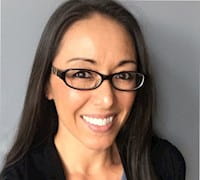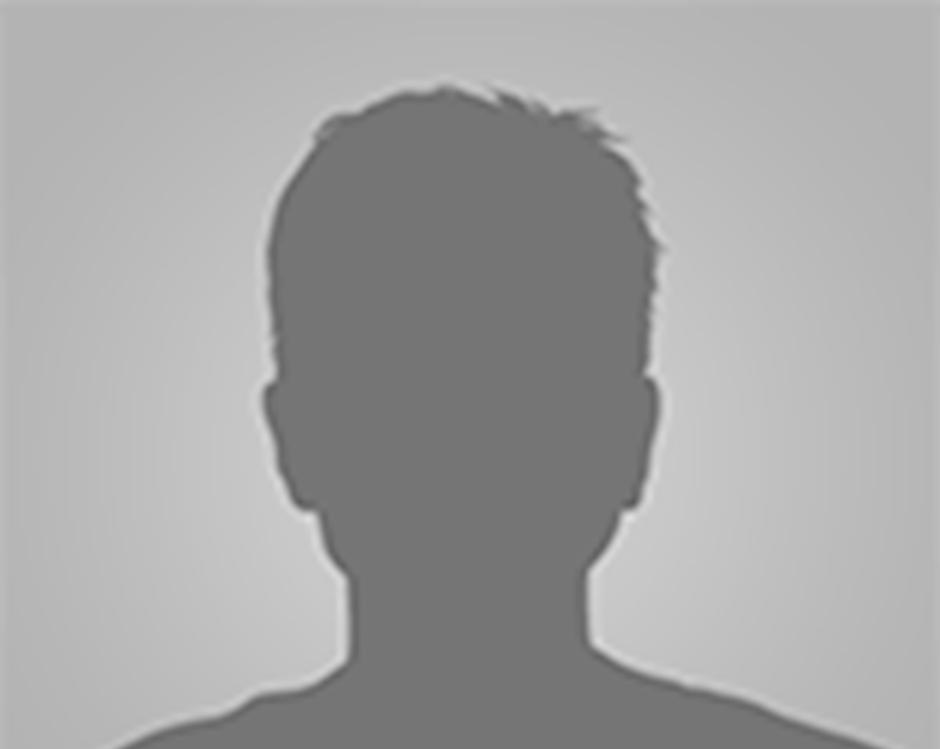What is the best thing about your job?
Hands down, patient care. If I’m able to make an impact in someone’s life or health, I’m fulfilled.
Why did you choose to pursue an MBA?
I’ve always enjoyed looking through the lens of business, at not only what the medical situation is, but at the costs associated with it. Now I am able to look at the bigger picture, from a multifaceted perspective. As a healthcare provider, I have come face to face with some of the challenges in our healthcare system. We are spending too much money on healthcare per capita, yet our population is sick. We have the highest spend with the sickest people — this is what keeps me up at night. I think that physicians, healthcare providers, policymakers, and business folks are not speaking the same language. There isn’t good collaboration. Maybe if there were more people who understood how to bridge that gap, they could come up with a better process and ultimately a better delivery of healthcare at a more affordable price. I am pursuing an MBA to be able to make a bigger impact on healthcare.
Why should students interested in healthcare choose Chicago Booth?
The University of Chicago has been around in this space for a long time, so the resources are quite robust. There are several different healthcare courses that Chicago Booth offers, but one of the most unique things is its MBA/Graduate Program in Health Administration and Policy (GPHAP).This interdisciplinary program connects you to students and faculty across other schools in the University. It has been around for over 80 years and is the first of its kind and truly a hidden gem.
Chicago Booth was always committed to healthcare, but is now even more so after the pandemic. The new Chicago Booth Healthcare Initiative engages faculty, students, alumni, and leaders to make a positive impact on the healthcare industry. There are so many additional opportunities for students; I am doing a research assistantship with UChicago Medicine’s Center for Asian Health Equity, which focuses on addressing healthcare disparities for diverse ethnic communities.
The Healthcare Club is very active. They just put on their 19th annual health care conference, which featured a great discussion with Griffin Myers, the Co-founder and Chief Medical Officer from Oak Street Health.
Classes I recommend include:
Business Statistics with Professor Nicholas Polson – he covers a lot of health/medical related scenarios including use of big data and AI. Great primer before Healthcare Data Analytics.
Global Health and Social Policy – this is a new Healthcare class offered at Chicago Booth and given the current global pandemic there is no better time than now to take a course like this.
Healthcare Data Analytics with Professor Dan Adelman – one of a kind MBA class unique to Chicago Booth, we examined real-world healthcare delivery challenges through the analysis of large datasets.
New Venture Strategy –helped me gain fundamental knowledge for entrepreneurship. If you work on a Healthcare case, this counts for GPHAP.
How does Chicago Booth make an impact on your day to day work?
Overall, I am gaining strong analytical skills that allow me view healthcare through a value-based lens. As a healthcare provider, I have a better understanding of the effectiveness of clinical practices on a macro level. On a micro level, I can use this knowledge analyze my own patient population, identify higher risks patients, and proactively reach out and provide the care to improve their clinical outcomes.
Do you see a position in policy or strategy in your future?
It’s really not my background, but when I lived in Hawaii and chose to go after the PA laws there, I tackled that by learning what the statutes were, and about the process of navigating legislation to change the law. After that milestone, I felt I needed an MBA. Will I become a policymaker? Healthcare administrator? Biotech CEO? I don’t know!


